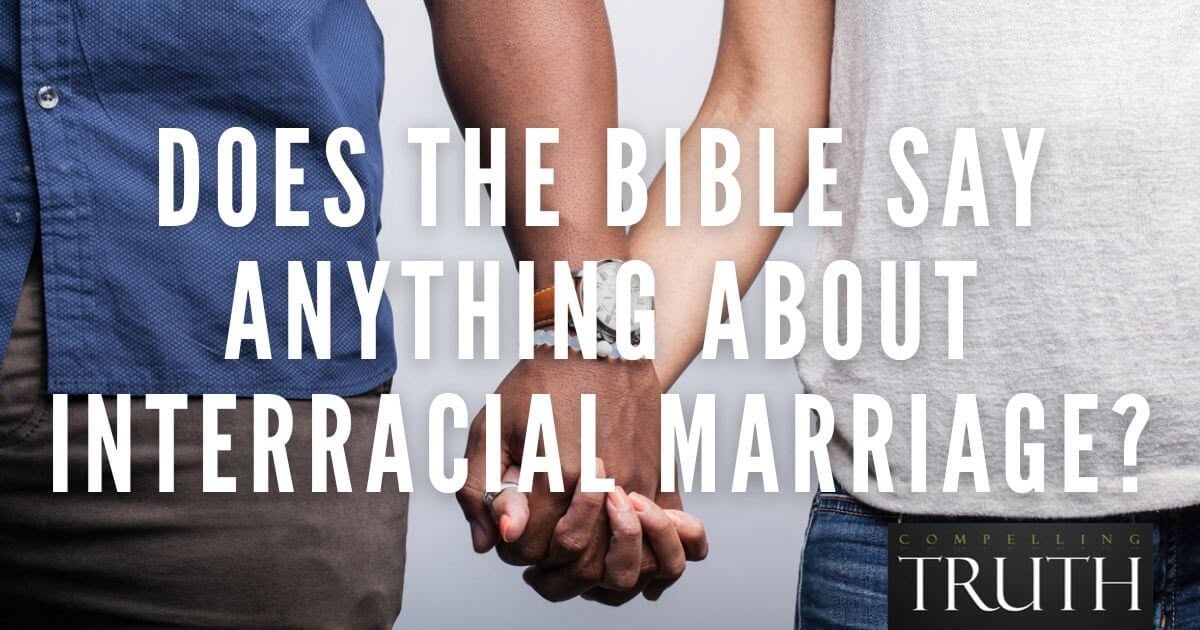Neither the word nor the modern concept of "race" appears in the Bible. There is only one race: the human race. Skin tone and other supposed racial characteristics are mere combinations of innate genetic factors, originally created by God in Adam and Eve. These permit development of different family characteristics as humanity was commanded to multiply and fill the earth (Genesis 1:28; 9:1).
Modern science regards race as a social construct: an identity which is assigned based on rules made by society. Race has no inherent physical or biological meaning. The European Union rejects theories which attempt to determine the existence of separate human races. In their documents the EU uses the terms racial origin and ethnic origin synonymously. The United States, at the federal level, recognizes five racial categories as well as numerous ethnic groupings. The boundaries between these racial and ethnic groups are becoming increasingly blurred due to growing numbers of people with mixed ancestry. This is a faster process than it was in the past, but the same mingling has happened for all of human history. Distinctions of “races” in a given era are unlikely to meaningfully apply many generations later. When filling out a form requesting personal background information, we should remember that race and ethnicity are social and political constructs. Instead, we must realize that we are all made in the image of God and all in need of a Savior. God has uniquely made us and placed us in the cultures and time periods in which He did so we could best know Him and make Him known.




